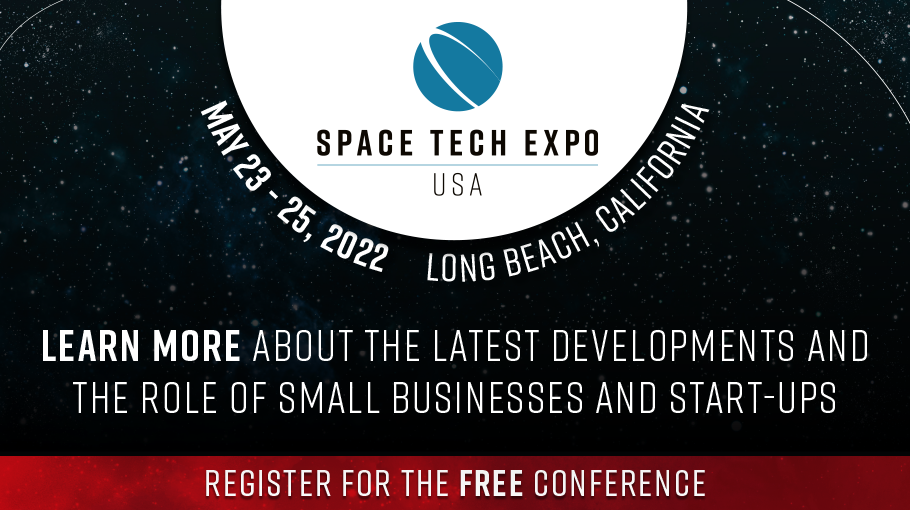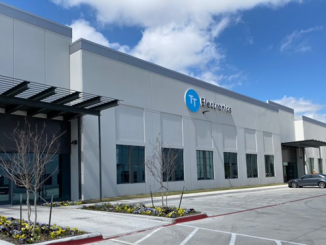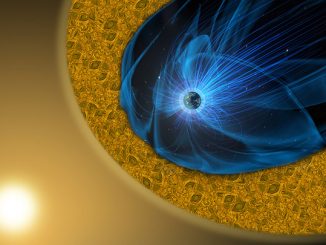
By Nicole Heins, Senior Conference Producer for Space Tech Expo USA
As the Covid-19 pandemic took hold on economies and societies across the globe in 2020, supply chains were disrupted due to the traveling restrictions and lockdowns imposed. However, while many supply chains suffered, the aerospace industry in the US remained open and strong due to its essential value to government and commercial missions. Ever since, the US-domestic space industry has experienced tremendous investment, which will most likely result in a growth spurt of its commercialization and its downstream capabilities and values.
Having said that, the US-domestic supply chain has experienced its own challenges over the past couple of years. There is no getting away from the global supply chain issues, such as the ongoing shortage of microelectronics and the impact of disruptions such as the Suez Canal blockage in 2021. These particularly seem to have an impact on NewSpace businesses currently providing large-scale manufacturing of satellite constellations, which mirror challenges of, for example, the automotive industry.
Meanwhile the US is dealing with an aging workforce, making it harder for businesses, large and small, to attract employees in similar numbers to their businesses. Many projects are underway to alleviate these issues, including work led out of organizations such as the Patti Grace Smith Fellowship, focusing on STEM education and coaching young engineers on to their journey into the space industry.
Small businesses and start-ups are, always, pushing hard to gain contracts for government and national security missions, as well as contracts with large prime organizations. These do not always come easy, due to the complex nature the aerospace industry finds itself in, with much paperwork surrounding safety, national security and other clauses. But as nations become more reliant on space capabilities, it needs to develop and focus on its domestic supply chain and space capabilities more to tap into the expertise and speed of start-ups, small businesses and prime organizations alike.
To bridge the gap, government and Department of Defense institutions have started implementing more programmes to help grow start-ups and small businesses across the USA. Recent examples include the ‘Soft Landing’ accelerator programme led out of the Air Force Research Laboratory and the US Space Force, as well as the SpaceWERX incubator, and the National Geospatial-Intelligence Agency’s start-up accelerator programme with the Missouri Technology Corporation.
A further injection into US-domestic start-ups and small businesses comes through the tremendous investment the industry has experienced in the last two years. Organizations such as Voyager Space provide large amounts of cash into growing businesses, helping them develop as they become more pivotal to America’s missions in space.
The upcoming Space Tech Expo USA Conference will host two sessions about the developments within the US-domestic space supply chain and the role of small businesses and start-ups. During the event’s opening panel ‘Maintaining and Growing a Strategic, Strong and Inclusive US Space Supply Chain to Retain Leadership in Space’, speakers from the Defense Innovation Unit, Lockheed Martin and NASA among others will discuss the stability and security of the supply chain, as well as talent pipelining and onshoring.
Later in the day, small business mentors will come together on the panel ‘So You’ve Got an Idea – A Guide to Developing Aerospace Start-ups’, where key development points for start-ups and small businesses, such as creating a business model, fostering relationships and the importance of risk taking among many others will be discussed.
To hear from expert speakers, make sure to register for the in-person Space Tech Expo USA, which is scheduled to take place on May 23-25 in Long Beach, CA. Secure your seat by registering here.
About author:
Nicole Heins is the Senior Conference Producer for Space Tech Expo USA. She combines her journalism background with event management. She thoroughly enjoys learning and writing about space technology and bringing the space industry together to accelerate technology innovation.



